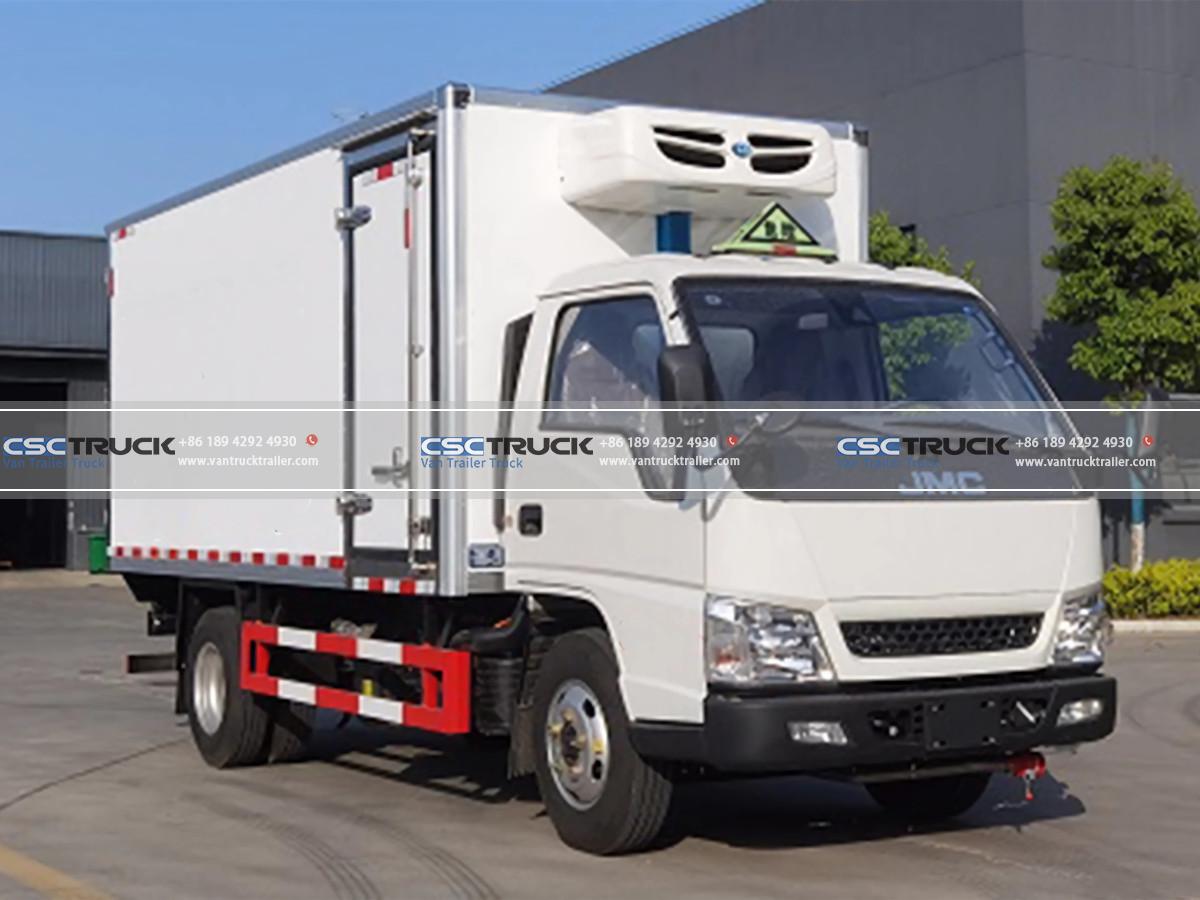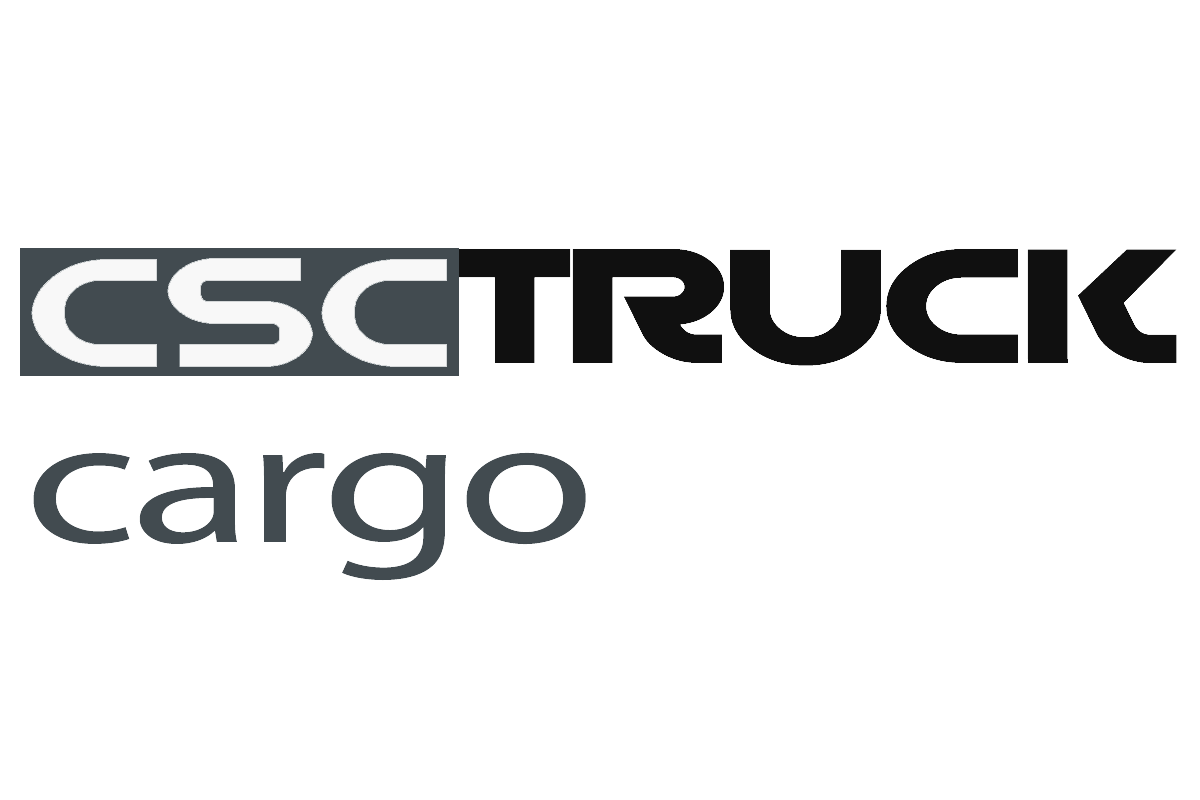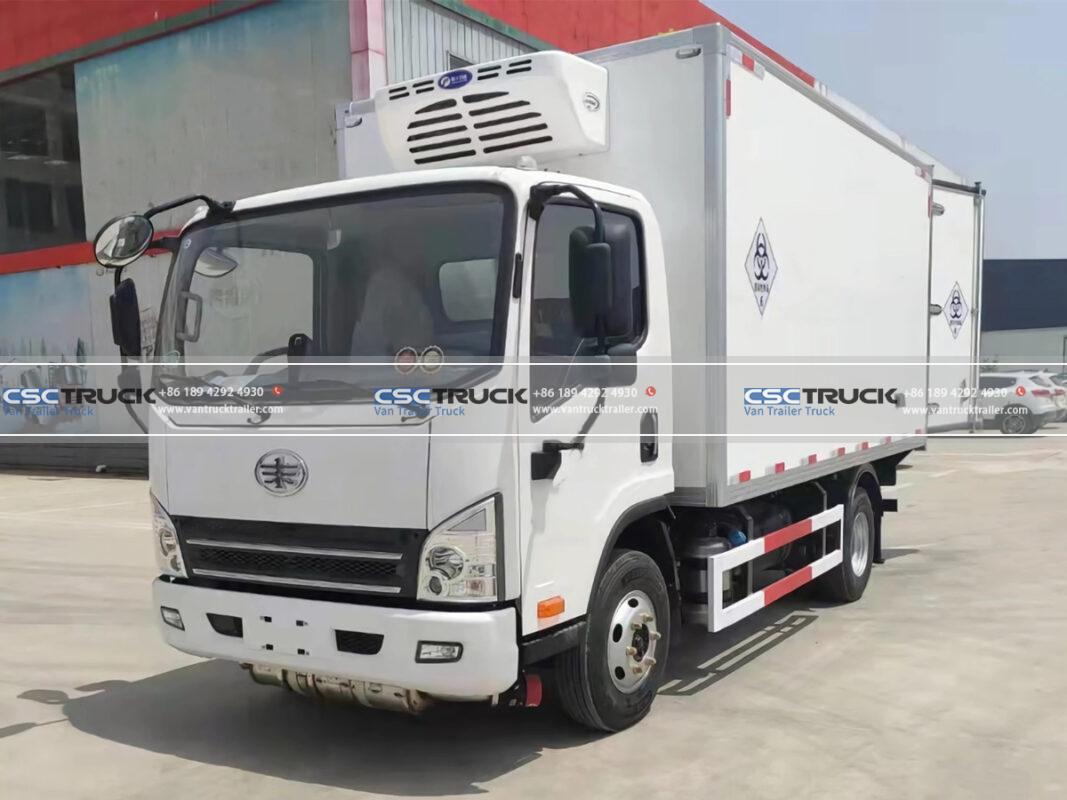Medical waste disposal is an essential part of maintaining hygiene, safety, and compliance in healthcare settings. The medical waste truck is a specialized vehicle that plays a pivotal role in ensuring that hazardous materials, like infectious waste, sharps, and pharmaceutical products, are transported in a safe, efficient, and legally compliant manner. Without such vehicles, the proper handling and disposal of medical waste could pose significant health and environmental risks. In this post, we will explore why a medical waste truck is crucial for safe and compliant waste disposal, and how it contributes to public health, environmental safety, and industry compliance.
1. The Importance of Safe Transportation in Medical Waste Disposal
One of the primary reasons a medical waste truck is crucial is that it ensures the safe transportation of hazardous waste from healthcare facilities to disposal sites or incineration plants. Medical waste can include items such as used needles, contaminated gloves, blood-soaked bandages, and pharmaceutical residues, all of which are potentially harmful to public health if not handled properly. Medical waste trucks are specially designed to mitigate these risks and provide a secure means of transportation.
A standard medical waste truck is built to contain and isolate hazardous waste during transport. These trucks are equipped with features like sealed containers, compartmentalized sections, and specialized storage units that ensure medical waste does not leak, spill, or cause exposure to drivers or the public. In addition, the trucks may feature temperature control systems for waste that needs to be kept cool, preventing degradation or potential contamination.
By using medical waste trucks, healthcare providers can comply with local and federal laws regulating the safe disposal of medical waste. These vehicles ensure that waste is not only contained securely but also transported to licensed disposal sites or treatment facilities that are capable of handling such waste in accordance with established guidelines.
2. Compliance with Regulations: Why Medical Waste Trucks Are Legally Essential
Another critical reason why a medical waste truck is essential is because it helps healthcare facilities comply with local, state, and federal regulations concerning medical waste disposal. Laws regarding the handling, storage, and transportation of medical waste are strict and failure to adhere to these rules can lead to severe penalties, including fines or legal action. These regulations are in place to ensure that waste materials, which can be potentially hazardous, are disposed of in a manner that minimizes risk to human health and the environment.
The medical waste truck plays a central role in maintaining compliance with these regulations by ensuring that waste is transported safely and securely. Many regulations, such as the Resource Conservation and Recovery Act (RCRA) and the Occupational Safety and Health Administration (OSHA) guidelines, mandate that healthcare facilities and waste management companies use properly labeled, certified, and sealed vehicles to transport hazardous medical waste.
For example, the truck must meet specific construction standards, such as ensuring that the waste containers are secure and do not allow waste to escape during transit. Additionally, these trucks are often fitted with tracking systems to monitor the transport of medical waste from the point of collection to the disposal site, ensuring that the waste is handled appropriately at all stages of the journey.
Without a medical waste truck designed for these specific requirements, it would be difficult, if not impossible, for healthcare providers to comply with the extensive rules governing medical waste transportation and disposal. This is crucial in maintaining the trust of the public and the safety of workers handling the waste.

3. Protection of Public Health: Preventing Contamination and Disease Spread
A medical waste truck is also a crucial component in protecting public health. Improper handling or disposal of medical waste can lead to contamination of the environment, exposure to infectious diseases, and serious health risks. Medical waste trucks are equipped with features that help prevent exposure to hazardous materials during transit, thus safeguarding the community, healthcare workers, and even the general public.
One of the most dangerous aspects of medical waste is the potential for sharp injuries, especially from used needles or scalpels, which can carry bloodborne pathogens like HIV and hepatitis. A medical waste truck is designed to ensure that these sharps are contained securely and are not at risk of puncturing bags or containers during transport. Additionally, the sealed containment systems inside the truck ensure that any infectious materials, such as bodily fluids or contaminated medical equipment, are contained and cannot leak into the surrounding environment.
These trucks are also equipped with biodegradable and sterilized containers that prevent any potential contamination of public spaces. The secure transportation of medical waste ensures that hazardous materials are not inadvertently released into the environment, reducing the risk of contamination to the air, water, or soil. This is particularly important in the context of preventing the spread of infectious diseases, protecting both the healthcare workers involved and the general public who may be in proximity to the waste.
By using medical waste trucks, healthcare institutions and waste management companies play a crucial role in ensuring that the waste is managed properly and that it doesn’t pose a risk to public health or safety.
4. Environmental Impact: Ensuring Eco-Friendly Waste Disposal Practices
The medical waste truck also contributes to environmental protection. Medical waste, if not handled and disposed of properly, can have a significant negative impact on the environment. Medical waste trucks are equipped with specialized systems that help minimize environmental harm during transport, contributing to the eco-friendly disposal of hazardous materials.
For example, many medical waste trucks are fitted with compaction systems that help reduce the volume of waste during transport. This not only makes the transportation process more efficient but also helps minimize the number of trips needed to dispose of large amounts of medical waste. As a result, there is less fuel consumption and a reduction in the carbon footprint of the waste management process.
In addition, many medical waste trucks are built to meet strict environmental standards, ensuring that they do not contribute to pollution during transit. For instance, these trucks may be equipped with air filtration systems or closed-loop containment systems to prevent any harmful emissions or leaks from the waste materials. Furthermore, when waste is transported in an environmentally responsible manner, it is more likely to be treated in an eco-friendly way at disposal sites, reducing the overall environmental impact.
By facilitating proper, regulated, and environmentally sound waste disposal, medical waste trucks play an essential role in maintaining both public health and environmental integrity. This is increasingly important as the healthcare industry continues to grow, with an increasing volume of medical waste being generated every year.
5. Technological Advancements: Innovations in Medical Waste Truck Design
Over the years, advancements in technology have played a key role in improving the design and functionality of medical waste trucks. These innovations ensure that the vehicles are not only safer but also more efficient in handling medical waste. From automated loading systems to advanced tracking technologies, these improvements are helping businesses in the medical waste management industry meet higher standards for safety, efficiency, and compliance.
For example, medical waste trucks are increasingly being equipped with GPS tracking systems, which allow waste management companies to monitor the movement of the truck and ensure that it is following the proper route to the disposal site. This tracking also provides real-time updates, ensuring that any delays or issues can be quickly addressed. Furthermore, advancements in temperature control systems are allowing for more precise management of waste that needs to be kept at specific temperatures, such as pharmaceuticals or biologically sensitive materials.
Some modern medical waste trucks also feature closed-loop containment systems, which ensure that medical waste is never exposed to the external environment during transit. These innovations not only improve safety but also enhance the overall efficiency of waste management processes, reducing the time and resources needed to transport medical waste securely.
The integration of these advanced technologies into medical waste trucks is helping to streamline waste disposal processes, improve compliance, and reduce the risk of human error during transportation, which ultimately leads to safer and more sustainable medical waste management.
The medical waste truck is a critical piece of equipment in the healthcare waste management system. It ensures the safe and compliant disposal of medical waste, helps prevent the spread of infectious diseases, reduces environmental harm, and ensures that healthcare facilities remain in compliance with stringent regulatory standards. With the rise in healthcare waste, having a dedicated and specialized vehicle like a medical waste truck is crucial for ensuring that medical waste is transported securely and disposed of responsibly. From compaction systems to tracking technologies, these trucks are evolving to meet the growing needs of the healthcare sector, ensuring safety, compliance, and environmental protection at every step.

